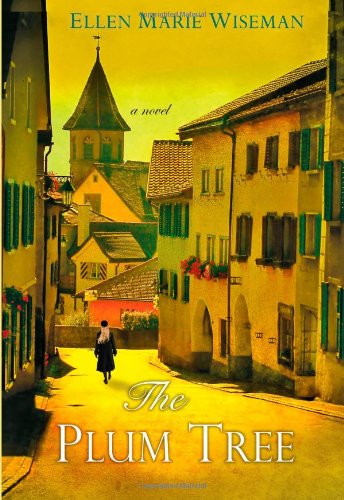The Plum Tree
Wiseman writes engagingly about WWII from the point of view of a seventeen-year-old German girl on the home front. At the opening, Christine Bölz is thrilled the boy she loves, Isaac Bauerman, returns her feelings. We shudder. It’s 1938, and Isaac is Jewish. His family is wealthy and influential. Christine’s mother works as their cook. The reader knows all that will change.
Hitler passes laws that outlaw Christine’s contact with Isaac, but for a while they risk meetings. Eventually Isaac recognizes the danger and they stop, although they will meet again as the plot progresses. Their love story is central to the book.
Wiseman portrays the straightening of circumstances for Christine’s village. The Jewish families are rounded up. All the men of whatever age are sent to the front lines unless they are willing to serve in the S.S. Food grows scarce and bombings occur nightly. Wiseman does depict pro-Hitler rallies and anti-Semitism, but for the most part her portrayal of the German citizenry is sympathetic: victims of tyranny, trapped by fear and violence. When the plot moves to Auschwitz, we see one of the young men of the town serving as an S.S. guard and relishing it, but we also see the camp’s commander secretly abhorring his actions and trying to inform the Swiss.
Wiseman focuses on the strength found in love, and on ordinary people enduring and carrying on in horrific circumstances.










